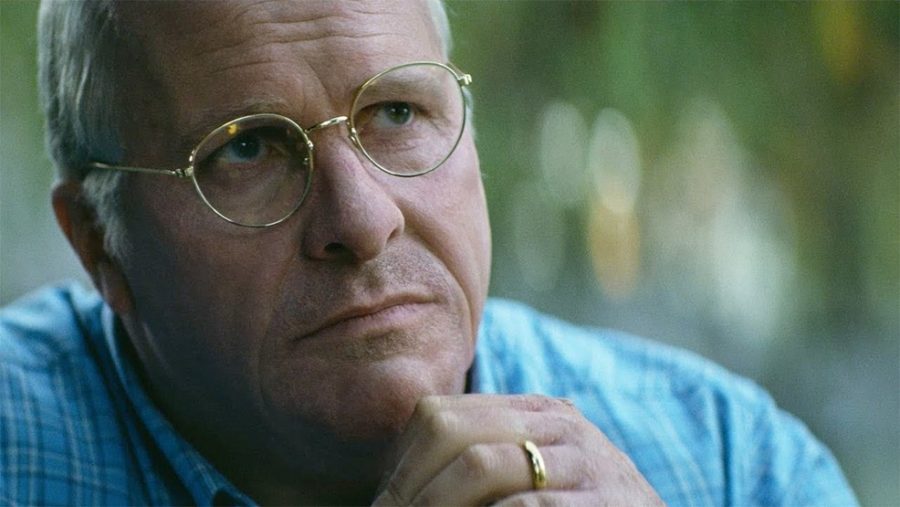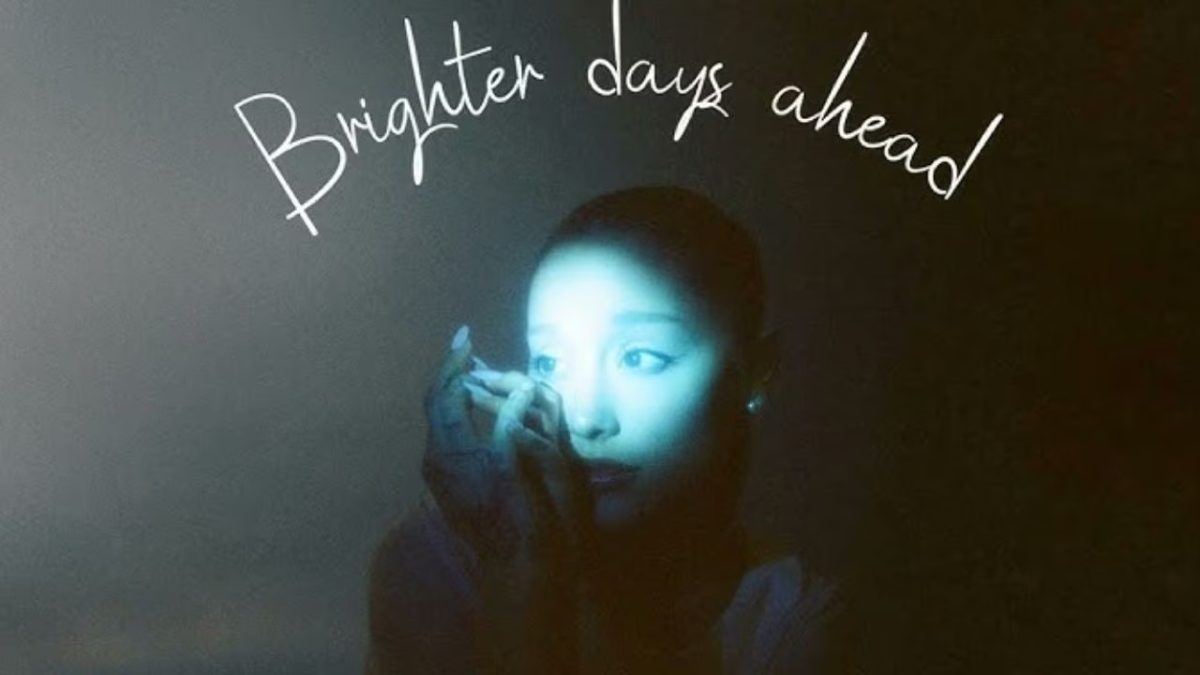Vice: A political statement or biopic
Christian Bale played Dick Cheney in VICE, pictured above.
January 15, 2019
One of the most awaited movies of the year debuted this past Christmas, but failed to capture the big audiences.
Vice, the biopic about the life of Dick Cheney, the 43rd Vice President of the United States, opened on Christmas. In the first weekend Vice only brought in a meager of $7.7 million and held the number seven spot among the movies in its opening weekend.
The movie was headed by multiple award winning actors such as Christian Bale (Dick Cheney), Amy Adams (Lynne Cheney), Sam Rockwell (George W. Bush) and Steve Carell (Donald Rumsfeld). Bale completely transformed himself to play Cheney as he gained more than 40-lbs and captured his ruthless persona brilliantly. Adams also put on a spectacular performance as the fiery Lynne Cheney. Bale won best actor in a comedy at the Golden Globes and both Adams and Rockwell were nominated for best supporting actor.
Vice was directed by director Adam McKay who has been all over the film spectrum, directing movies from 2008’s Step Brothers to 2015’s drama about the 2008 financial crisis, The Big Short.
It seemed as if The Big Short served as a guideline for McKay in creating Vice. Both movies use a very unique screenplay such as the use of a narrator. McKay even used many of the same actors who he worked with in The Big Short for Vice including Bale and Carell.
Vice went into the long and adventurous life of Dick Cheney, beginning with his early years through his time in many White House positions. McKay shows constant flashbacks and short and sporadic scenes to describe Cheney’s life. At times the movie was confusing, not due to the many terms that are defined in the movie, but due to the constant cutting up of scenes and moments of Cheney’s life.
The movie also featured a good amount of humor and satirical moments, which is a calling card of McKay’s more serious films. It brings light to events and moments which seem to not be right for them, such as when Cheney shot a man by accident.
Not unlike many movies of today’s Hollywood, Vice, was plagued with political bias. McKay, a staunch Democrat and large critic of the GOP left this imprint on the movie. With the constant attack of Republicans throughout the movie and no mention of Democrats, the slant of the movie was greatly visible, especially with the portrayal of George W. Bush. Even though the movie was about Republican Cheney, the movie fails to “spread the love” equally.
In Christian Bale’s acceptance speech at the Golden Globe Awards on Jan. 6 he wasted no time making a political statement. The British-native actor began his speech thanking his wife and director Adam McKay, but then strayed into politics. He made the statement that he and McKay, “ought to do one (a movie) on Mitch McConnell.” Bale then proceeded to thank Dick Cheney himself for the role, but referred to the 77 year old as “Satan,” which was met with applause and laughter.
It has become a norm to see award shows turn into political “warzones” in the past few years and Bale made sure that this year’s Golden Globes made its way into that category as well.
The 132-minute film is nothing short of entertaining, but for the build up the movie received it fell flat. Among critics it was killed, receiving lower ratings than the recently released Bumblebee movie.
Vice is nonetheless one of the most thought-provoking movies I have seen in a while, but did not live up to my expectations.













